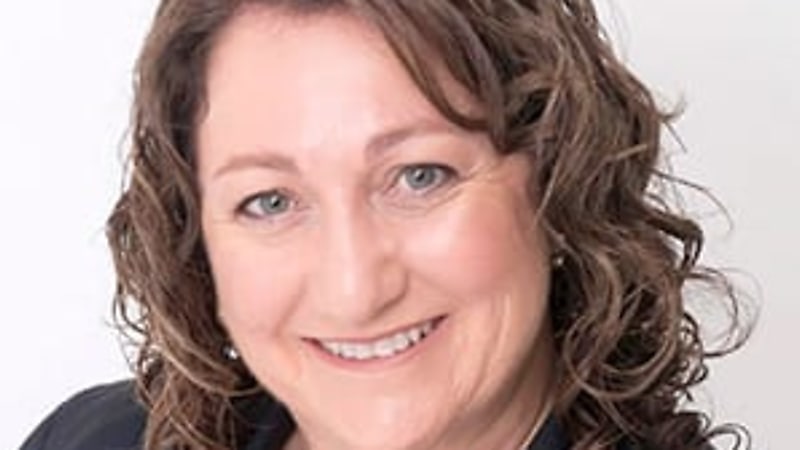Auditor ‘brain drain’ fear if experience leaves industry
While there is no shortage of SMSF auditors presently, there is a fear that there will be a massive brain drain from the industry if the depth of experience leaves the sector altogether, says a leading auditor.
Shelley Banton, head of Education at ASF Audits, said it’s critical for the industry to ensure the integrity of the superannuation system by keeping the level of professionalism in SMSF audit at its highest.
In the most recent SMSF Adviser podcast, Martin Frauenfelder, SMSF specialist with the ATO said there has been some rationalisation in the industry with the introduction of independence measure, but the industry has also seen more people coming into the sector.
Figures from the ATO show that in 2021 there were 303 auditors associated with doing more than 250 audits for the year compared to five years ago. Although this is a slightly higher percentage than in previous years it has remained relatively stable, fluctuating between seven to eight per cent of the auditing population.
There has also been a reduction in SMSF auditor numbers over the last year. As of 13 April this year, there were 4,568 SMSF registered auditors compared to 5,256 SMSF auditors on 31 March 2022 – a drop of 13 per cent.
The drop in auditor numbers has not affected the quality of audits, according to Mr Frauenfelder, who noted there has been an increase in the reporting of contraventions.
“We think this is a good thing.”
“We look at the audit as an SMSF annual health check so if there is a problem, we want the auditor to pick it up and the trustees can rectify it before it becomes too late.”
Ms Banton said while there has been natural attrition in the industry, one of the biggest reasons for the exodus of SMSF was the new independence requirements under APES 110.
“Before 22 December 2022, the cost for an SMSF auditor to deregister was $899, whereas it cost a registered company auditor $0,” she said.
“ASIC has now reduced the fee to $193, freeing up the decision of those auditors effectively trapped by the cost of exiting.
“Previously, SMSF auditors who wanted to get out of the system and not pay an exorbitant exit fee refused to lodge their annual statements and were cancelled by ASIC at no cost to them.
“Part of the barrier to exit has been removed and has paved the way for more rationalisation.”
The Australian Securities and Investments Commission (ASIC) disqualified almost 400 auditors in January this year for failing to meet their registration requirements, which it said did have an impact on the total auditor population.
“The industry will continue to experience a change in SMSF auditor numbers,” Ms Banton said.
“The reason is that in the 2021 financial year being audited, 25.7 per cent of auditors performed less than five audits, and 43.7 per cent undertook between five to 50 funds. So just under 70 per cent of all auditors performed 50 audits or less in that financial year.
“A large cohort of auditors is still undertaking a small number of audits. And when you consider those doing less than five audits, the question needs to be asked whether this is sustainable given the strict requirements to be an SMSF auditor.”








